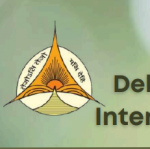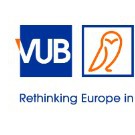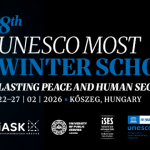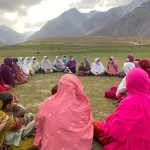ICYMI: Why a gender-responsive agenda is central to UN peacekeeping

Photo credit: Bibi Raheel
Multidimensional peacekeeping is central to the maintenance and promotion of peace and security around the world. For 70 years, peacekeeping operations have navigated the path from conflict to peace; wherein the emergence of a gender-responsive agenda has been especially crucial.
During a webinar hosted by UNU-CRIS on 12 March, Marvi Memon, former Federal Minister and chairperson of the Benazir Income Support Programme (BISP), shared insights from her new book, Gender, Pakistan and UN Peacekeeping. The talk traced the evolution of UN Peacekeeping, while using the case of Pakistan to untangle the link between gender, conflict and peacekeeping measures. Some key insights included:
The benefits of gender mainstreaming
- The inclusion of female peacekeepers is essential within fragile environments, since they usually have better access to local populations and are associated with empathy, trust, comfort and safety.
- Intel gathering within local populations can be improved.
- Post-conflict reconstruction is more holistic and multi-dimensional.
- Disarmament, Demobilization and Reintegration (DDR) is improved when women are included in peacekeeping missions.

Recommendations for a gender-responsive agenda:
- Masculinized cultural notions/needs should be minimized within peacekeeping missions.
- Peacekeeping measures should transition from assigning and associating women with admin jobs, to placing them at the heart of fragile environments.
Data:
- Gender disaggregated data should be incorporated within such operations.
- Gender Data Management should be facilitated through household registries (HHR), wherein this data should be credible, accurate, real-time, up-to-date and complete. In addition, women should be treated as the heads of households.
Legislation, financial inclusion and democratic participation:
- A gender-sensitive legislative agenda should respond and represent the needs/interests of women in fragile environments.
- This agenda should ensure the financial inclusion of women by improving access to loans, micro credit financing and phone banking.
- An intersectional approach to the climate crisis and conflicts should focus on low-tech agricultural solutions and income generation activities.
- The democratic participation of women should be ensured through observer groups/electoral experts who certify and organize electoral processes while also maintaining the safety of women candidates and voters. Women should be included in senior leadership positions.

Cultural notions, safety and health:
- Preventing domestic violence, femicide and honor killing should be prioritized through raising awareness, police training, common definitions of crimes, social security net protection, strict gun laws and sharing best practices.
- Attention should be paid towards rooting out common causes of early marriage including poverty, lack of education and child trafficking.
- Access to life skills and education should be improved.
- Health systems should be made robust through financing and improving the quality of medical products and service delivery.
Looking ahead
It is no secret that Covid-19 has exacerbated the already-vulnerable position of women in fragile settings. However, while the coronavirus pandemic is an unprecedented crisis, it certainly is not the last. The implications of this crisis combined with the climate emergency beckons the emergence of an agenda that addresses the intersectional complexities between gender, conflicts, climate change and peacekeeping missions.




